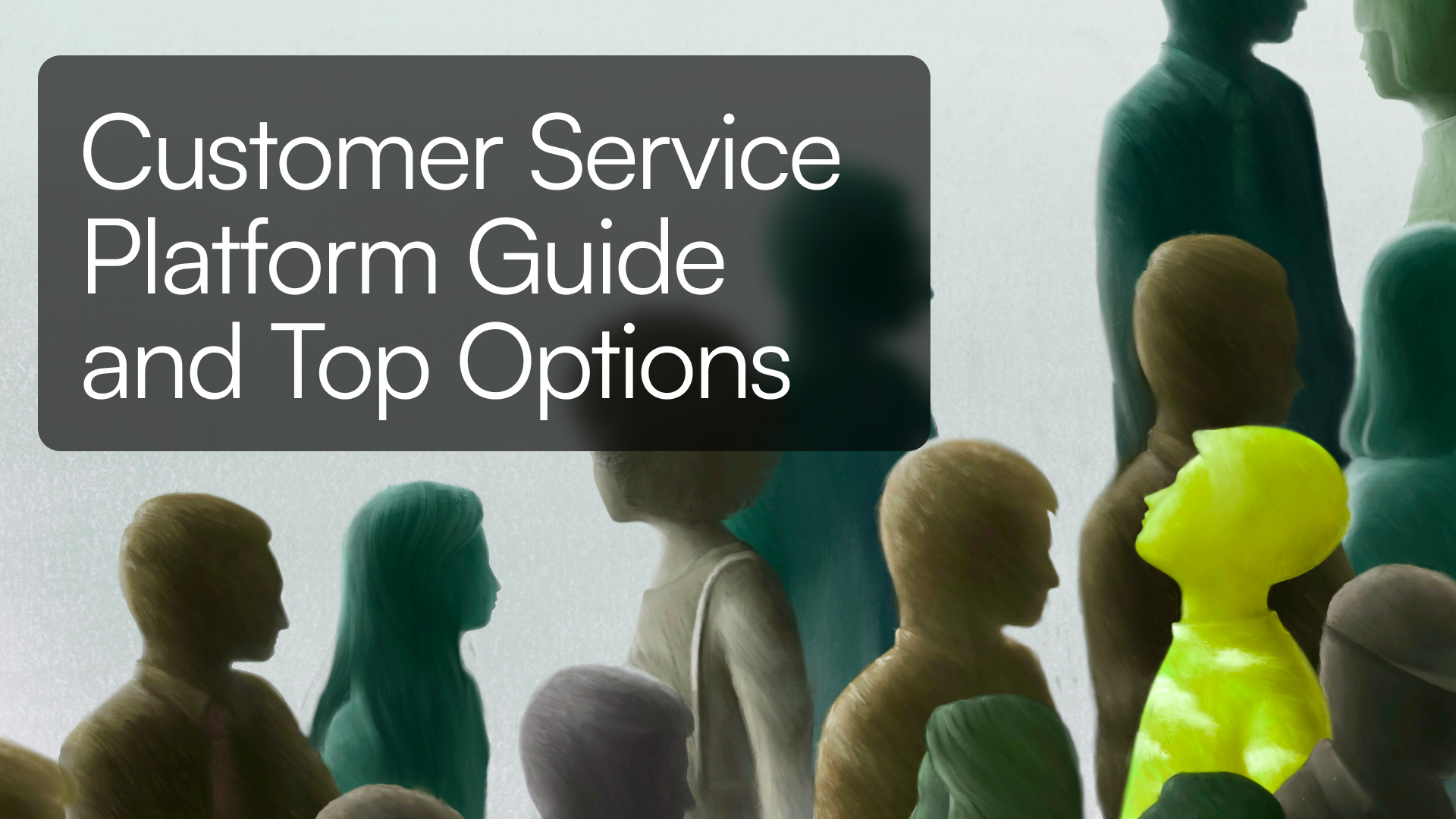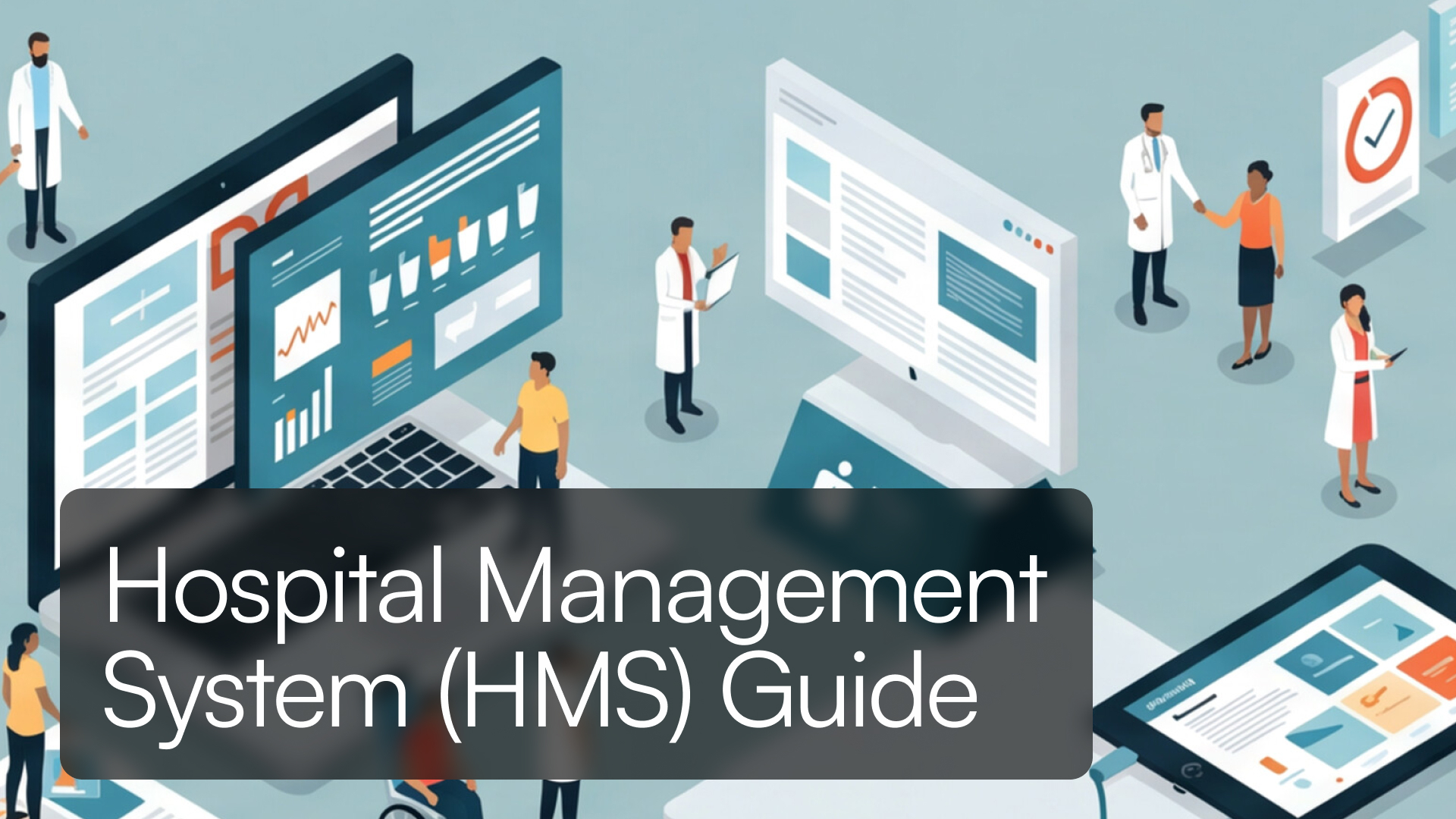Introduction
Contracts are the backbone of every business relationship—whether with vendors, employees, or clients. Managing them effectively ensures compliance, risk reduction, and operational efficiency.
Yet, many organizations rely on outdated manual processes, leading to missed deadlines, errors, and financial losses. In this guide, you’ll learn:
- What contract management is
- Key stages of contract management
- Benefits, challenges, and types of contracts
- How software can streamline workflows and improve ROI
By the end, you’ll have actionable insights and tools to improve your contract management strategy.
What is Contract Management?
Contract management involves creating, negotiating, executing, monitoring, and renewing contracts to ensure businesses meet their obligations while reducing risks.
Why It Matters:
- Missed deadlines can result in penalties and lost opportunities.
- Poor visibility leads to financial waste and compliance risks.
- Streamlined contracts help strengthen relationships, reduce errors, and maximize value.
An effective system simplifies every step of the contract lifecycle, from drafting agreements to tracking performance.
Why is Contract Management Important?
When managed well, contracts become business assets—driving growth, efficiency, and stronger relationships with vendors, employees, and clients.
Without it:
- Deadlines are missed, leading to penalties.
- Obligations are overlooked, risking non-compliance.
- Financial terms go unmonitored, causing cost overruns.
With it:
- You gain visibility into contract terms, ensuring obligations are met.
- Risks are mitigated with proactive tracking.
- Operational efficiency increases with streamlined workflows.
Looking for top solutions to streamline your processes? Explore the 10 Best Contract Management Software to find the right fit for your business needs.
Key Stages of Contract Management
Understanding the contract lifecycle is essential to ensure smooth execution and minimal risks. Here’s a breakdown:
1. Contract Creation
Start with standardized templates to draft accurate, compliant agreements.
- Tip: Use platforms like Tadabase to create reusable templates, saving time and minimizing errors.
2. Negotiation and Review
Collaborate with stakeholders to finalize terms and track changes. Version control ensures alignment and reduces errors.
3. Approval
Route contracts to relevant stakeholders for approval.
- Automate this stage to eliminate delays and manual back-and-forth.
4. Execution
Secure signatures faster with e-signature tools like DocuSign.
5. Monitoring and Performance
Centralize your contracts to track deliverables, obligations, and deadlines. Automated reminders ensure nothing slips through the cracks.
6. Renewal or Termination
Proactively address contracts before expiration. This gives time to renegotiate better terms or terminate agreements without penalties.
Want a seamless system for all six stages? Tadabase’s Contract Management Template makes it easy to automate every step.
Benefits of Contract Management
Investing in proper contract management pays off in measurable ways:
- Improved Compliance: Avoid legal penalties with standardized processes.
- Reduced Risks: Proactively track obligations and mitigate liabilities.
- Cost Savings: Prevent overpayments, financial waste, and missed renegotiation opportunities.
- Enhanced Collaboration: Centralize contracts for real-time access and edits.
- Time Efficiency: Automate approvals, renewals, and alerts to free up resources.
Common Challenges in Contract Management
Even with clear processes, businesses face hurdles such as:
- Manual Workflows: Reliance on spreadsheets and emails increases errors.
- Lack of Visibility: Scattered storage makes it hard to track obligations and deadlines.
- Compliance Risks: Staying up-to-date with laws and regulations is complex without automation.
Solution: Tools like Tadabase overcome these challenges with automation, centralized storage, and role-based permissions for secure collaboration.
Types of Contract Management

Contract management applies to various agreements, including:
- Vendor and Supplier Contracts: Optimize procurement terms and vendor performance.
- Employment Contracts: Ensure compliance with labor laws and internal policies.
- Sales and Service Contracts: Monitor client obligations, payments, and milestones.
- Lease Agreements: Avoid penalties by tracking property or equipment leases.
Why Use Contract Management Software?
Manual contract management, while familiar, is error-prone, time-consuming, and inefficient. Modern businesses need solutions that eliminate bottlenecks and improve transparency.
Top reasons to use contract management software:
- Automated Reminders: Never miss critical dates for renewals, expirations, or milestones.
- Centralized Storage: Keep all contracts organized and accessible in one secure platform.
- Improved Compliance: Ensure contracts meet regulatory standards with built-in compliance tracking.
- Custom Workflows: Design processes that align with your business needs—no one-size-fits-all approach.
- Time and Cost Savings: Automating repetitive tasks reduces manual effort and operational costs.
How Contract Management Software Helps
Contract management software transforms a complex, manual process into a streamlined, automated workflow.
Key Features Include:
- Centralized Storage: Access all contracts securely in one place.
- Automated Alerts: Get reminders for renewals, expirations, and deadlines.
- Custom Workflows: Tailor the platform to your business needs.
- E-signature Integrations: Execute contracts quickly and digitally.
- Advanced Analytics: Gain actionable insights to optimize contract performance.
Why Tadabase?
Tadabase’s no-code platform simplifies contract management:
- Customize workflows to match your processes.
- Automate notifications to track renewals and obligations.
- Collaborate securely with role-based permissions.
Frequently Asked Questions
1. What is contract management, and why is it important?
Contract management is the process of creating, negotiating, executing, monitoring, and renewing contracts to ensure obligations are met and risks are minimized. It streamlines the handling of agreements, ensuring:
- Deadlines are met (preventing penalties).
- Compliance is maintained (avoiding legal risks).
- Financial terms are optimized (improving cost efficiency).
Proper contract management transforms contracts into valuable assets that drive business growth and strengthen relationships.
2. What are the key stages of contract management?
The six key stages of contract management are:
- Contract Creation: Drafting standardized, legally compliant agreements.
- Negotiation and Review: Finalizing terms with stakeholders and ensuring clarity.
- Approval: Routing contracts for necessary internal or external approvals.
- Execution: Signing contracts digitally using tools like DocuSign.
- Monitoring and Performance: Tracking deliverables, risks, and obligations.
- Renewal or Termination: Managing expiration dates to renegotiate or terminate contracts.
Learn how tools like the Tadabase Contract Management Template simplify every stage of this process.
3. What challenges do businesses face in contract management?
Common challenges in contract management include:
- Manual processes: Using spreadsheets and emails can lead to delays, errors, and missed deadlines.
- Lack of visibility: Contracts stored across multiple locations are difficult to track.
- Compliance risks: Staying current with regulatory changes is hard without automation.
- Scalability issues: Managing increasing contract volumes becomes overwhelming without software.
Adopting contract management software centralizes workflows, mitigates these challenges, and ensures efficiency.
4. How does contract management software improve workflows?
Contract management software automates and simplifies the contract lifecycle by offering:
- Centralized storage: All contracts in one secure, searchable repository.
- Automated alerts: Reminders for key dates like renewals and expirations.
- Custom workflows: Tailor approval processes to suit your organization’s needs.
- E-signatures: Streamline execution with tools like DocuSign.
- Advanced analytics: Track performance and uncover optimization opportunities.
Tools like Tadabase provide a no-code, customizable solution for businesses of all sizes.
5. Who can benefit from contract management software?
Contract management software is beneficial for:
- Small businesses: Managing a few contracts without manual overhead.
- Medium and large enterprises: Handling high contract volumes with complex approval workflows.
- Industries with strict compliance needs: Healthcare, legal, construction, finance, IT, and procurement.
Whether you manage 5 contracts or 5,000, platforms like Tadabase scale with your needs.
6. What types of contracts can be managed with software?
Contract management software can handle various agreements, including:
- Vendor and Supplier Contracts: Optimize procurement terms and vendor performance.
- Sales and Service Contracts: Manage client obligations, milestones, and payments.
- Employment Contracts: Track employee terms and ensure labor law compliance.
- Lease Agreements: Monitor property or equipment leases and deadlines.
- Non-Disclosure Agreements (NDAs): Protect business-critical information.
7. How do automated reminders help in contract management?
Automated reminders ensure you:
- Never miss a contract renewal or expiration date.
- Have ample time to renegotiate terms or prepare for termination.
- Track key deliverables and milestones to ensure obligations are met.
These reminders prevent financial penalties, missed opportunities, and lapses in performance tracking—critical for efficient contract management.
8. How secure is contract management software?
Top contract management solutions prioritize security through:
- Data encryption: Protects contracts at rest and in transit.
- Role-based access controls: Limits access to sensitive contracts based on user permissions.
- Audit trails: Tracks who accessed, edited, or approved a contract.
- Regulatory compliance: Platforms like Tadabase ensure GDPR, HIPAA, or industry-specific compliance.
Centralizing contracts in a secure platform reduces risks of unauthorized access and data breaches.
9. How long does it take to implement contract management software?
Implementation time depends on the solution:
- No-code platforms like Tadabase offer quick deployment, with setup possible in hours for businesses of all sizes. Whether you’re managing a few contracts or complex enterprise workflows, Tadabase is designed to scale seamlessly and integrate with your existing systems.
- Traditional enterprise solutions may take weeks to configure, requiring IT resources and extended onboarding timelines.
Pro Tip: With Tadabase, you get the best of both worlds—rapid implementation and enterprise-level capabilities, ensuring a solution that grows with your business needs.
10. What ROI can businesses expect from contract management software?
Businesses can achieve significant ROI through:
- Time savings: Automating approvals, renewals, and reminders frees up resources.
- Cost optimization: Avoid penalties and overspending by tracking financial terms and renewals.
- Risk reduction: Improved compliance reduces legal liabilities.
- Improved visibility: Centralized contracts streamline reporting and performance tracking.
For businesses managing multiple contracts, ROI is seen in both cost savings and operational efficiency—often within months of implementation.
Get Started with Tadabase
Managing contracts manually is like trying to navigate a maze without a map—time-consuming, frustrating, and full of potential missteps. With Tadabase, you can replace the confusion with a clear, automated path that leads to efficiency and control.
The Tadabase Contract Management Template is your all-in-one solution to:
- Automate repetitive workflows so you can focus on growth.
- Centralize contract storage for easy access and tracking.
- Ensure compliance with robust tools that keep you on track.
It’s not just software; it’s a smarter way to work. Whether you’re managing five contracts or five thousand, Tadabase adapts to your business needs, no matter how complex.
Take the guesswork out of contract management. Streamline your workflows, reduce risks, and reclaim your time with Tadabase today.







